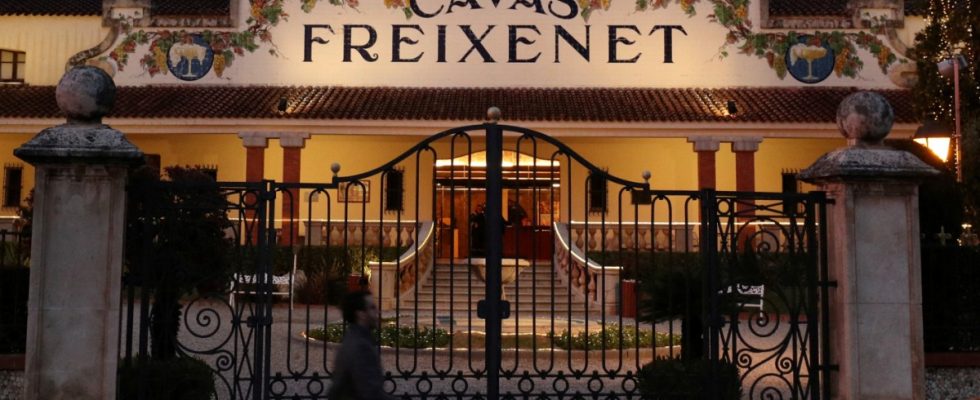Dismissed due to drought. Because the sky just doesn’t want to have mercy and hasn’t rained any rain on the fields for weeks. Hundreds of employees of the Spanish sparkling wine manufacturer Freixenet are now confronted with this force of nature. In view of the ongoing drought in the Catalonia region, he wants to temporarily lay off up to 80 percent of his workforce. The aim of the drastic measure is to ensure the survival of the company.
This news may also shock some in Germany. Freixenet is the second most popular sparkling wine in this country after Rotkäppchen sparkling wine. The slightly misted bottles can be found in almost every supermarket. In 2021 alone, Freixenet sold more than 100 million bottles of the famous cava around the world.
But now the company’s cultivated areas in Catalonia are suffering from the worst drought in 1,200 years. In the Penedes region, which is known for its high-quality and diverse wine, there was so little rain that 30-year-old vines simply died. In such exceptional situations, Spanish law allows employees to be temporarily released and their contracts to be suspended. Up to 615 employees are now said to be affected by the exemption. The plans have already been presented to authorities and unions. It was not announced when employees should return to their workplaces.
Freixenet’s sales are increasing significantly worldwide
Freixenet is part of the Henkell Freixenet sparkling wine cellar based in Wiesbaden and Catalonia. The company is considered the global market leader for sparkling wine and is part of the German Oetker Group. Just a week ago, the company announced a new sales record – despite significantly increased glass costs and ongoing drought. Sales grew by 4.1 percent to 1.23 billion euros in 2023, excluding sparkling wine and spirits tax. In addition to the dominant sparkling wine division, which achieved an increase of six percent, spirits such as Vodka Gorbachev are responsible for the increase in sales. Still wines, on the other hand, have lost eight percent. The company recorded the largest increases in countries such as Germany, Austria, Switzerland and the Eastern European region.
The company traditionally does not disclose its detailed profits. Despite the crises in the world, scarce raw materials and significantly rising production costs, the company was still in the black, said CEO Andreas Brokemper recently. Climate change not only has negative consequences for production, the much more modest wine cultivation in Great Britain, for example, has benefited. Of course, the employees in Catalonia cannot buy anything from this. You can only hope that it will rain again soon.

